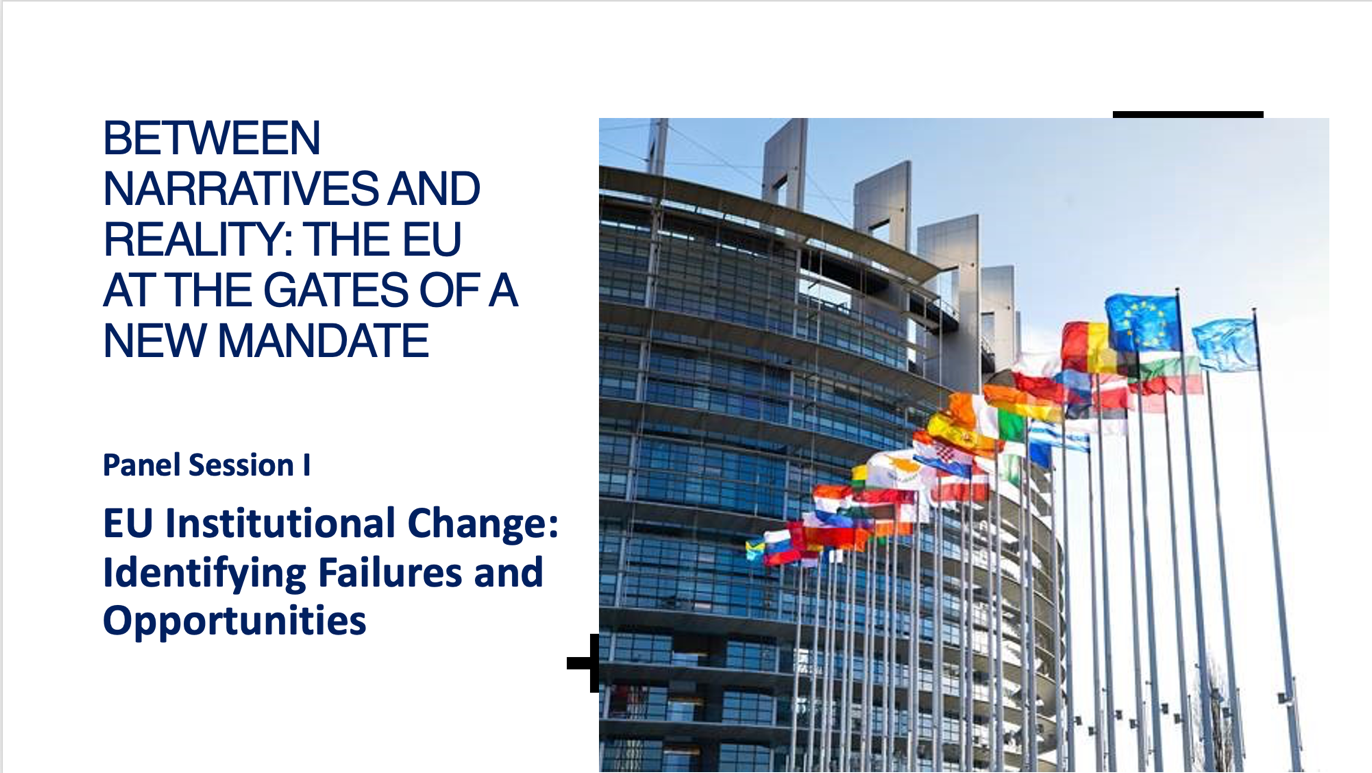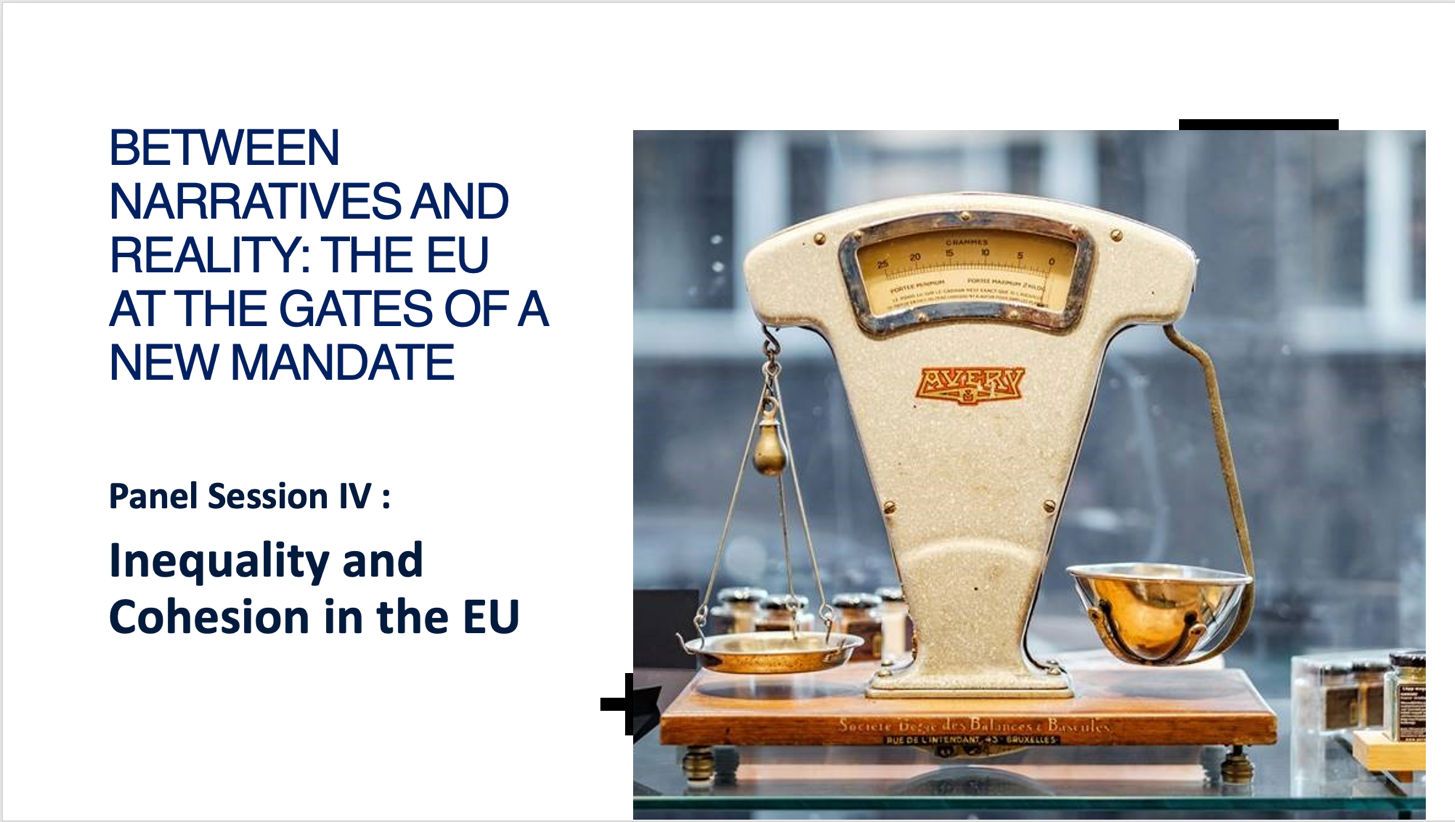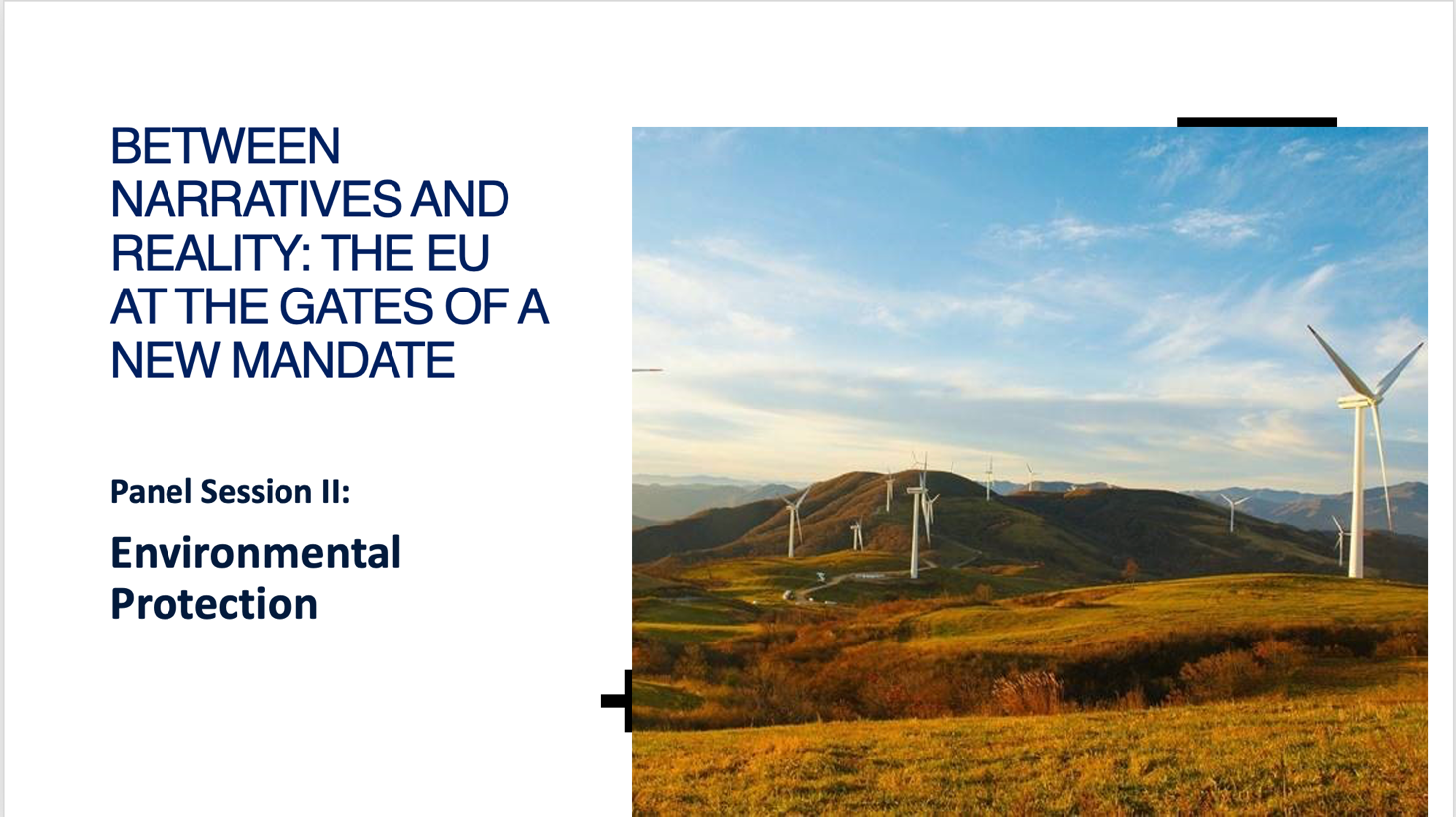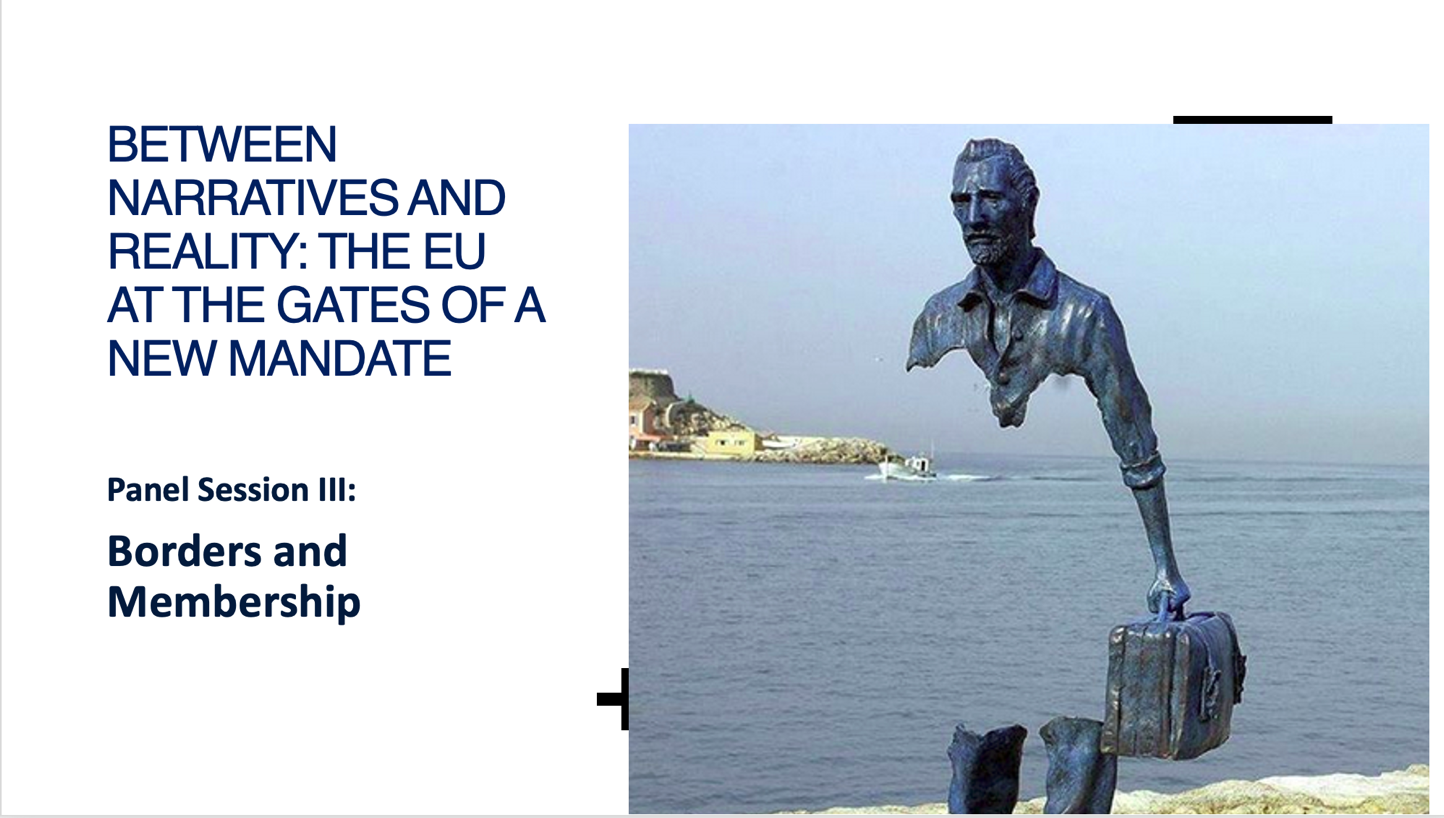Latest blog articles
-
On 3 July Sarah Schoenmaekers and Tongle Si organized the conference ‘Public Procurement: A key tool to reach sustainability in Europe and beyond’. The conference was a great success and led to engaging discussions and lively debates among presenters and participants, fulfilling its purpose of being...
-
Academic life entails walking a path in which we can learn and help others learn. It is a two way road, where awareness of roles and of the impact of our actions is fundamental. A question tends to emerge in that academic path: to what extent is it possible to speak of the existence of academic...
-
AI needs to have access to huge amounts of data in order to be trained. In this article, I discuss the need for suitable text- and data mining exceptions in copyright law that stimulate AI development as well as enable human authors and creators to still earn a revenue.
-
This blog post is part of a series reflecting on the panel discussions held during the conference "Between narratives and reality: The EU at the gates of a new mandate", which took place at the Faculty of Law of Maastricht University on June 20 and 21, 2024. This panel focused on Institutional...
-
This blog post is part of a series reflecting on the panel discussions held during the conference "Between narratives and reality: The EU at the gates of a new mandate", which took place at the Faculty of Law of Maastricht University on June 20 and 21, 2024. This panel addressed inequality and...
-
This blog post is part of a series reflecting on the panel discussions held during the conference "Between narratives and reality: The EU at the gates of a new mandate", which took place at the Faculty of Law of Maastricht University on June 20 and 21, 2024. This panel discussed Environmental...
-
This blog post is part of a series reflecting on the panel discussions held during the conference "Between narratives and reality: The EU at the gates of a new mandate", which took place at the Faculty of Law of Maastricht University on June 20 and 21, 2024. This panel covered issues related to...
-
The conference “Between narratives and reality: The EU at the gates of a new mandate” which took place at the Faculty of Law of Maastricht University on the 20 and 21 of June 2024, was the closing event of a series of initiatives that revolved around the European elections.
-
Mark Kawakami examines the complexities of the EU's Consumer Rights Directive (CRD) and its unintended environmental impacts
-
Dear members of the UM Community,
The end of the academic year is always a busy period; on the one hand, projects that have been in the works for a long time must be completed, while, on the other hand, preparations for future years need to be made. And all of this is happening in a volatile...









